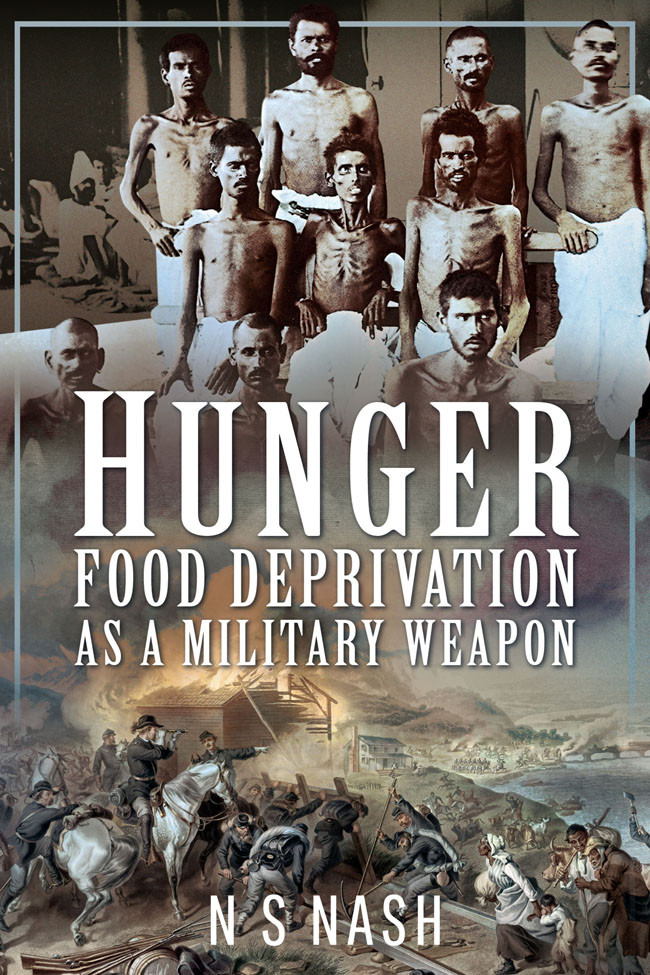

Most ebook files are in PDF format, so you can easily read them using various software such as Foxit Reader or directly on the Google Chrome browser.
Some ebook files are released by publishers in other formats such as .awz, .mobi, .epub, .fb2, etc. You may need to install specific software to read these formats on mobile/PC, such as Calibre.
Please read the tutorial at this link: https://ebookbell.com/faq
We offer FREE conversion to the popular formats you request; however, this may take some time. Therefore, right after payment, please email us, and we will try to provide the service as quickly as possible.
For some exceptional file formats or broken links (if any), please refrain from opening any disputes. Instead, email us first, and we will try to assist within a maximum of 6 hours.
EbookBell Team

4.1
80 reviewsThe author of this fascinating work argues that, over the last 160 years, conflicts have been decided not just on the battlefield but by the denial of an adversary’s access to food. The starvation that followed led to military indiscipline, social unrest, and a failure of governance. Numerous examples prove his point, not least Germany in 1919.
The Union blockade of the Confederacy in 1861 was a major factor in the outcome of the Civil War as was the American strategy against Japan in 1943-1945. The fates of besieged forces both at Vicksburg in 1863 and the British at Kut in 1916 were sealed when control of their respective supply routes was lost. Churchill’s fears over Hitler’s U-boat campaign were well justified.
‘Logistics’ is a modern word, but it describes a fundamental element of generalship, amply demonstrated at Metz in 1870 when logistic illiteracy resulted in a vast and hitherto undefeated French army having no option but to surrender.
This thought-provoking book vividly demonstrates that extreme hunger is the precursor to starvation and, consequently, almost inevitable defeat. It proves that deprivation of food is a potent weapon that no commander can ignore.